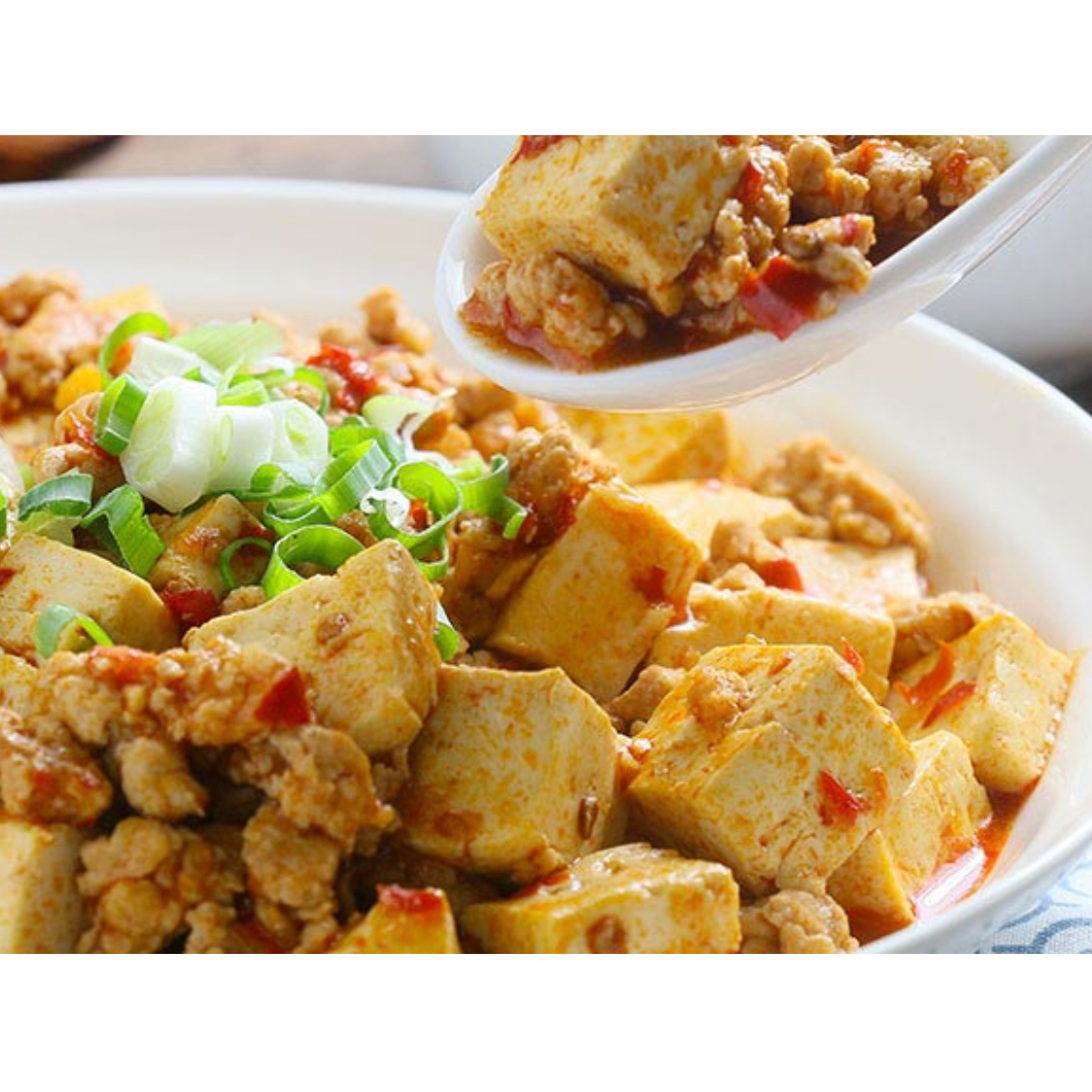Producer


Surata
City: Eugene, OR,
Website: https://suratasoy.com
About Us
Some two thousand years ago, give or take a couple of months, tofu was introduced in China by Buddhist monks, who used it as an occasional substitute for their usual diet of air. Dhophu, or ‘bean meat’, as it was affectionately known, made its way over to Japan about a thousand years later, in June, where it became known as ‘What’s THAT?’ and later “tofu”, or ‘bean curd’.
Tofu came west with Chinese and Japanese immigrants, and was used in an attempt to civilize America, whose diet was becoming hopelessly enamored with beef and beef’s side effects, such as ravaged topsoil, depleted water tables, and huge amounts of global warming methane. The nutritional and ecological benefits of tofu as compared to beef was so obvious and unmistakable that it was steadfastly ignored by anyone outside the Asian community for decades.
Then, beginning in the early 1970’s, small tofu shops began to sprout up like mushrooms all across the landscape, introducing this amazing and versatile food to a befuddled public, who responded by asking “What’s THAT?” . Eventually, however, people came to appreciate the advantages of a protein source that comes straight from the earth’s bounty, without first routing that bounty through the belly of a beast.
One of the first of these shops was Surata Soy Foods, which was formed in March of 1977 by a group of people who didn’t know that it could never work. But, like the bumblebee that doesn’t know that it can’t fly, Surata bumbled on, and began turning out batches of tofu for sale to the handful of natural food stores and restaurants that had appeared in Eugene, Oregon over the previous few years. The name “Surata”, a Sanscrit word meaning “Blessed Joy”, was chosen after it was reluctantly decided that a company called “What’s THAT?” wouldn’t work.
Tofu came west with Chinese and Japanese immigrants, and was used in an attempt to civilize America, whose diet was becoming hopelessly enamored with beef and beef’s side effects, such as ravaged topsoil, depleted water tables, and huge amounts of global warming methane. The nutritional and ecological benefits of tofu as compared to beef was so obvious and unmistakable that it was steadfastly ignored by anyone outside the Asian community for decades.
Then, beginning in the early 1970’s, small tofu shops began to sprout up like mushrooms all across the landscape, introducing this amazing and versatile food to a befuddled public, who responded by asking “What’s THAT?” . Eventually, however, people came to appreciate the advantages of a protein source that comes straight from the earth’s bounty, without first routing that bounty through the belly of a beast.
One of the first of these shops was Surata Soy Foods, which was formed in March of 1977 by a group of people who didn’t know that it could never work. But, like the bumblebee that doesn’t know that it can’t fly, Surata bumbled on, and began turning out batches of tofu for sale to the handful of natural food stores and restaurants that had appeared in Eugene, Oregon over the previous few years. The name “Surata”, a Sanscrit word meaning “Blessed Joy”, was chosen after it was reluctantly decided that a company called “What’s THAT?” wouldn’t work.
Practices
Early on, Surata made and has maintained a commitment to using only organic, non-GMO soybeans and other ingredients in all its products. After all, if you’re going to take the protein directly from the soybean, you don’t want a lot of chemical fertilizers and pesticides along for the ride. In the early years, such beans were a little tricky to locate, since organic standards varied from state to state. (Some growers thought that simply slapping an ORGANIC label on the bean bag did the trick). Eventually, uniform organic standards were established nationwide, and now all our beans are purchased from certified organic growers inside the U.S. or Canada. Surata itself is certified organic by the USDA through CCOF.
